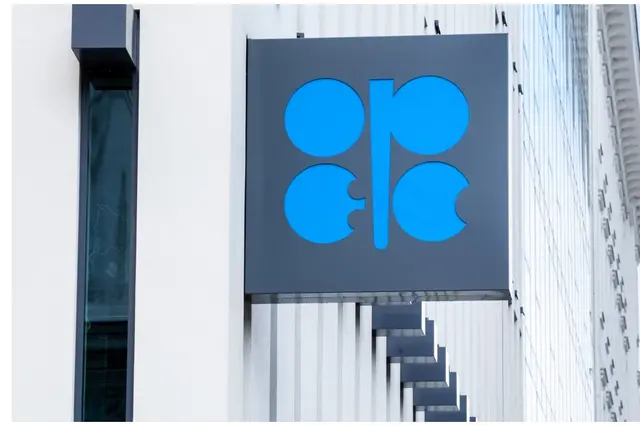Energy
Posted By OrePulse
Published: 30 Jun, 2025 08:47

Mideast war highlights Egypt's energy weak spot

Egypt was one of the biggest economic losers of the Middle East's 12-day war after Israel shut down vital natural gas exports to its neighbour.
The gas pipeline linking the two countries was turned back on after Israel and Iran agreed to U.S. President Donald Trump's ceasefire on June 23, but the episode highlights Egypt's vulnerability and fading hopes that the Eastern Mediterranean could become a major gas exporting region.
The discovery and development of enormous offshore gas resources near Egypt, Israel and Cyprus in the 2000s has radically transformed the region's energy landscape, turning the region into a major production hub and attracting international energy companies.
The surge in production was a huge boon for Egypt in particular. The discovery in 2015 of the Zohr field, the biggest gas deposit in the eastern Mediterranean, and its rapid development by 2017 offered Egypt critical energy for its domestic market as well as vital income from exports of liquefied natural gas (LNG), which reached 7 million tons in 2022, nearly 2% of global supply, according to data from analytics firm Kpler.
But things started to go awry for Egypt early this decade when production began declining rapidly, particularly in the flagship Zohr field. The country's output dropped from a peak of over 6 billion cubic feet per day (bcf/d) in early 2021 to 3.5 bcf/d by April 2025, according to JODI data.
Production is expected to average 4.4 to 4.6 bcf/d this year, according to Martin Sherriff, an analyst at consultancy Welligence Energy Analytics. It is, however, unlikely to increase significantly in the coming years given the country’s limited offshore gas exploration success in recent years, he added.
Egypt's energy woes were compounded by the rapid growth in its population from 100 million in 2015 to 115 million by 2023. With domestic production insufficient to meet the population's needs, Egypt in 2020 started to import gas from Israel, which had also saw a surge in gas production last decade following the discovery of a number of big offshore resources. Israel's production rose by over 70% in the decade to 2024 to 2.5 bcf/d, with around half of the volume exported to neighbouring Egypt and Jordan, according to government data.
The sharp production decline also led Egypt to resume LNG imports in 2024 for the first time since 2018. Egypt is expected to import up to 160 LNG cargoes this year and next at far higher prices than what it can produce domestically or import from Israel, where export pipelines are already at full capacity.
Related Articles
Trending News
Energy Markets
Oil prices rise to $71 but remain set for weekly decline as U.S.-Iran talks extend...
27 Feb, 2026 09:48
23 min read
Metal Markets
Gold set for seventh consecutive month of gains as prices rise to $5,186.58...
27 Feb, 2026 09:26
23 min read












